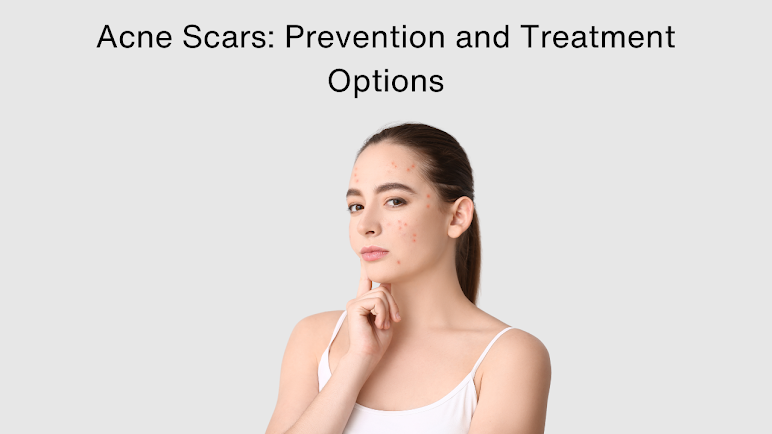Acne Scars: Prevention and Treatment Options

Welcome to the Gleuhr skin and dental clinic in Chandigarh and we provide best skin, hair and dental treatment in tricity and we also sell natural skin and hair products in all over world. We have best skin specialist in Chandigarh who are highly educated and dedicated to their work. https://clinic.gleuhr.com/

As the years go by, maintaining radiant skin and robust health becomes a priority for many individuals. While skincare routines and lifestyle habits play crucial roles, the significance of nutrition cannot be overstated. The food choices we make can significantly impact the health and appearance of our skin as we age. Incorporating nutrient-rich foods into our diets can help combat signs of aging, enhance skin elasticity, and promote overall well-being. Let's delve into a comprehensive exploration of foods that can nourish your skin and support your health as you grow older.

Omega-3 Fatty Acids: Found
abundantly in fatty fish like salmon, mackerel, and sardines, omega-3 fatty
acids are renowned for their anti-inflammatory properties. They help maintain
skin hydration, reduce inflammation, and alleviate conditions such as eczema
and psoriasis. Additionally, omega-3s support cardiovascular health and
cognitive function, contributing to overall vitality.
Colorful Fruits and Vegetables:
Vibrant fruits and vegetables are rich in antioxidants, vitamins, and minerals
essential for skin health. Berries, spinach, kale, carrots, and bell peppers
are excellent sources of antioxidants like vitamin C, which aids collagen
production, promoting skin firmness and elasticity. Moreover, these foods
protect against oxidative stress, delaying the aging process and reducing the
risk of chronic diseases.
Nuts and Seeds: Almonds, walnuts,
flaxseeds, and chia seeds are packed with nutrients vital for skin health. They
provide omega-3 fatty acids, vitamin E, and zinc, which help maintain skin
integrity, support wound healing, and protect against UV-induced damage.
Incorporating a handful of nuts and seeds into your daily diet can enhance skin
radiance and promote a youthful complexion.
Healthy Fats: Avocados, olive oil,
and coconut oil are rich sources of healthy fats that nourish the skin from
within. They contain monounsaturated fats and antioxidants that moisturize the
skin, strengthen the skin barrier, and reduce the appearance of wrinkles.
Additionally, these fats support cardiovascular health, regulate cholesterol
levels, and reduce the risk of age-related cognitive decline.
Protein-Rich Foods: Collagen, the
most abundant protein in the body, plays a crucial role in maintaining skin
structure and elasticity. Incorporating protein-rich foods such as lean meats,
poultry, fish, tofu, and legumes into your diet provides essential amino acids
necessary for collagen synthesis. Additionally, protein supports muscle mass
maintenance, bone health, and immune function as you age.
Probiotic-Rich Foods: Fermented
foods like yogurt, kefir, sauerkraut, and kimchi are rich in probiotics,
beneficial bacteria that promote gut health and skin radiance. A healthy gut
microbiome contributes to better nutrient absorption, immune function, and
inflammatory regulation, leading to improved skin clarity and reduced incidence
of skin conditions like acne and eczema.
Whole Grains: Opting for whole
grains such as quinoa, brown rice, oats, and barley over refined grains
provides a plethora of nutrients essential for skin health. Whole grains
contain vitamins, minerals, and dietary fiber that support digestive health,
regulate blood sugar levels, and prevent age-related skin issues like dullness
and dryness.
Herbs and Spices: Turmeric, ginger,
cinnamon, and garlic are not only flavorful additions to meals but also potent
sources of antioxidants and anti-inflammatory compounds. These herbs and spices
help combat oxidative stress, reduce inflammation, and promote skin regeneration,
contributing to a youthful complexion and improved overall health.
Hydrating Foods: Staying hydrated is
paramount for skin health, and consuming hydrating foods can complement your
fluid intake. Water-rich foods like cucumbers, watermelon, oranges, and celery
provide hydration along with essential vitamins and minerals that support skin
hydration, detoxification, and suppleness.
Green Tea: Rich in polyphenols and
catechins, green tea offers numerous health benefits, including skin protection
and rejuvenation. Drinking green tea regularly can help reduce UV-induced
damage, improve skin elasticity, and inhibit the formation of wrinkles.
Moreover, green tea promotes cardiovascular health, boosts metabolism, and
supports weight management, enhancing overall well-being.
In conclusion, the foods we consume play a pivotal role in nurturing our skin and supporting our health as we age. By incorporating a diverse array of nutrient-rich foods into our diets, we can fortify our bodies with essential vitamins, minerals, antioxidants, and healthy fats necessary for optimal skin function and overall vitality. Embracing a balanced diet comprised of omega-3 fatty acids, colorful fruits and vegetables, nuts and seeds, healthy fats, protein-rich foods, probiotics, whole grains, herbs and spices, hydrating foods, and green tea can help us age gracefully, radiating health and beauty from within.
Comments
Post a Comment